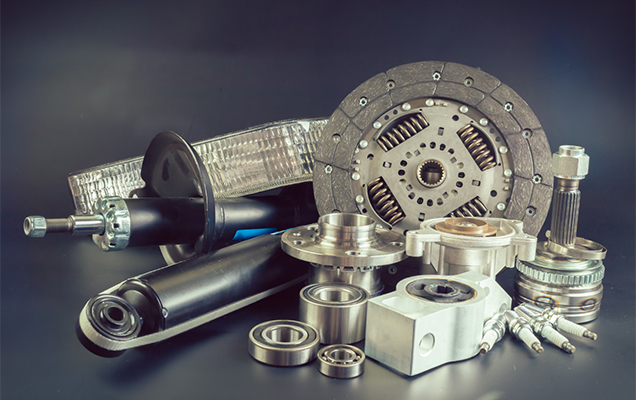
Genuine parts are manufactured by the same company that produced the vehicle, ensuring they meet the same quality standards. They are designed to fit perfectly and function optimally within the vehicle's systems.
Genuine parts are specifically engineered to work seamlessly with the vehicle's other components. Using non-genuine parts may lead to compatibility issues, potentially causing damage, safety concerns and/or reducing performance.
Genuine parts typically have a longer lifespan compared to aftermarket or counterfeit parts. They are built to withstand the rigors of everyday use and maintain the vehicle's performance over time.
Using genuine parts often helps to maintain the vehicle's warranty. Manufacturers may void warranties if non-genuine parts are used, leaving the owner responsible for any repairs or damages.
Genuine parts undergo rigorous testing to ensure they meet safety standards. Using non-genuine parts, especially in critical systems like brakes or steering, can compromise the safety of the vehicle and its occupants.
Vehicles with a documented history of using genuine parts may have higher resale value. Prospective buyers often prefer vehicles that have been properly maintained with authentic components, as it suggests the vehicle has been cared for diligently.
Using genuine parts often comes with the support of the vehicle manufacturer. This can include access to technical assistance, recalls, and updates specific to the vehicle model.
Overall, while genuine parts may be more expensive upfront, the long-term benefits in terms of performance, safety, and reliability outweigh the initial cost.